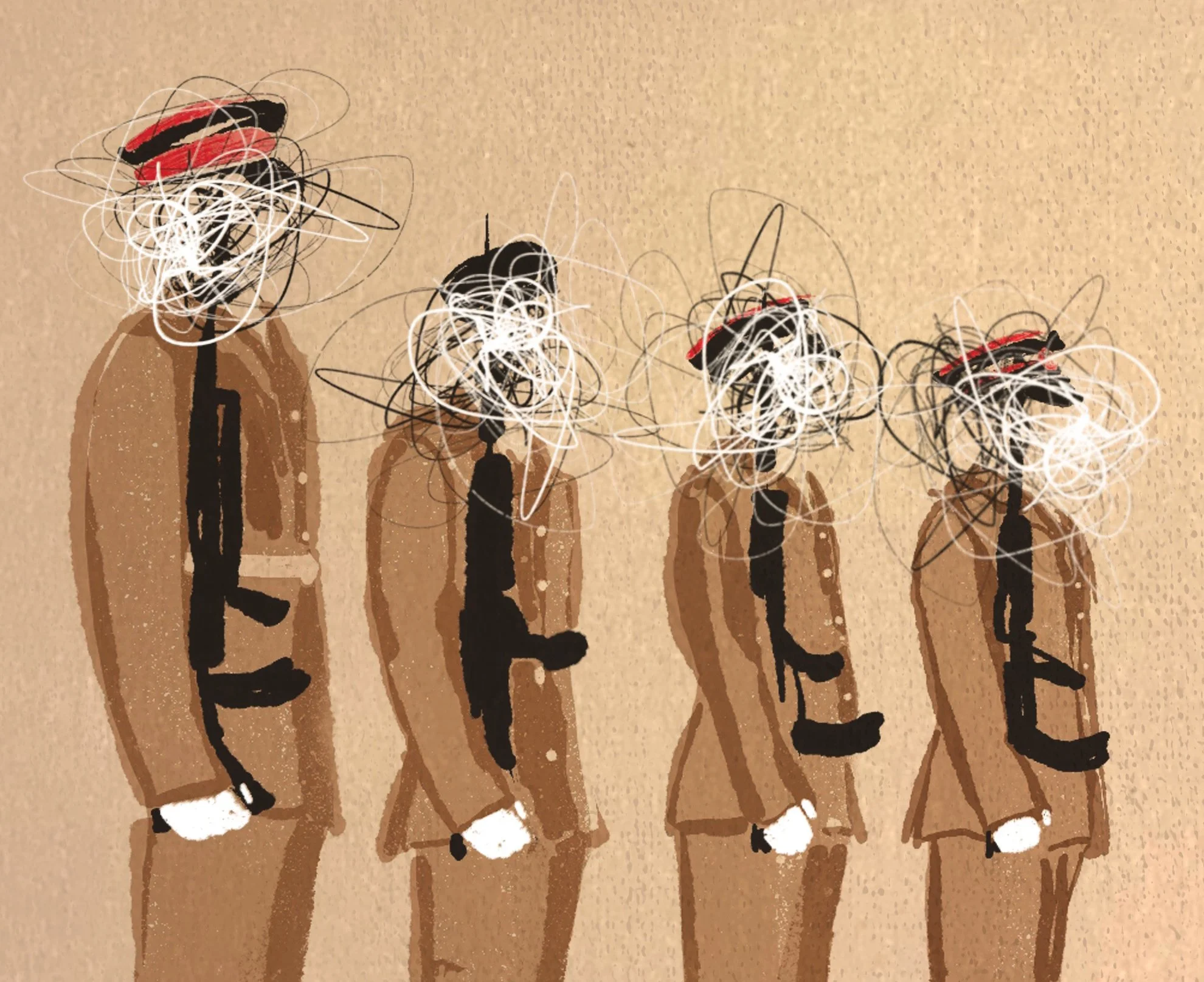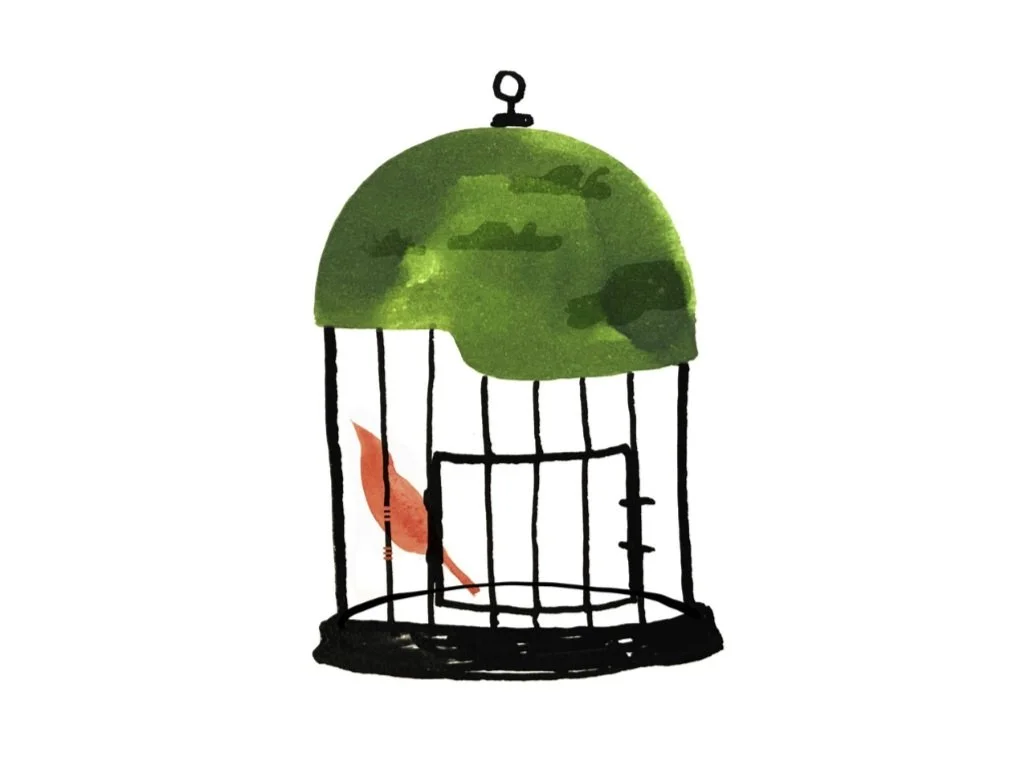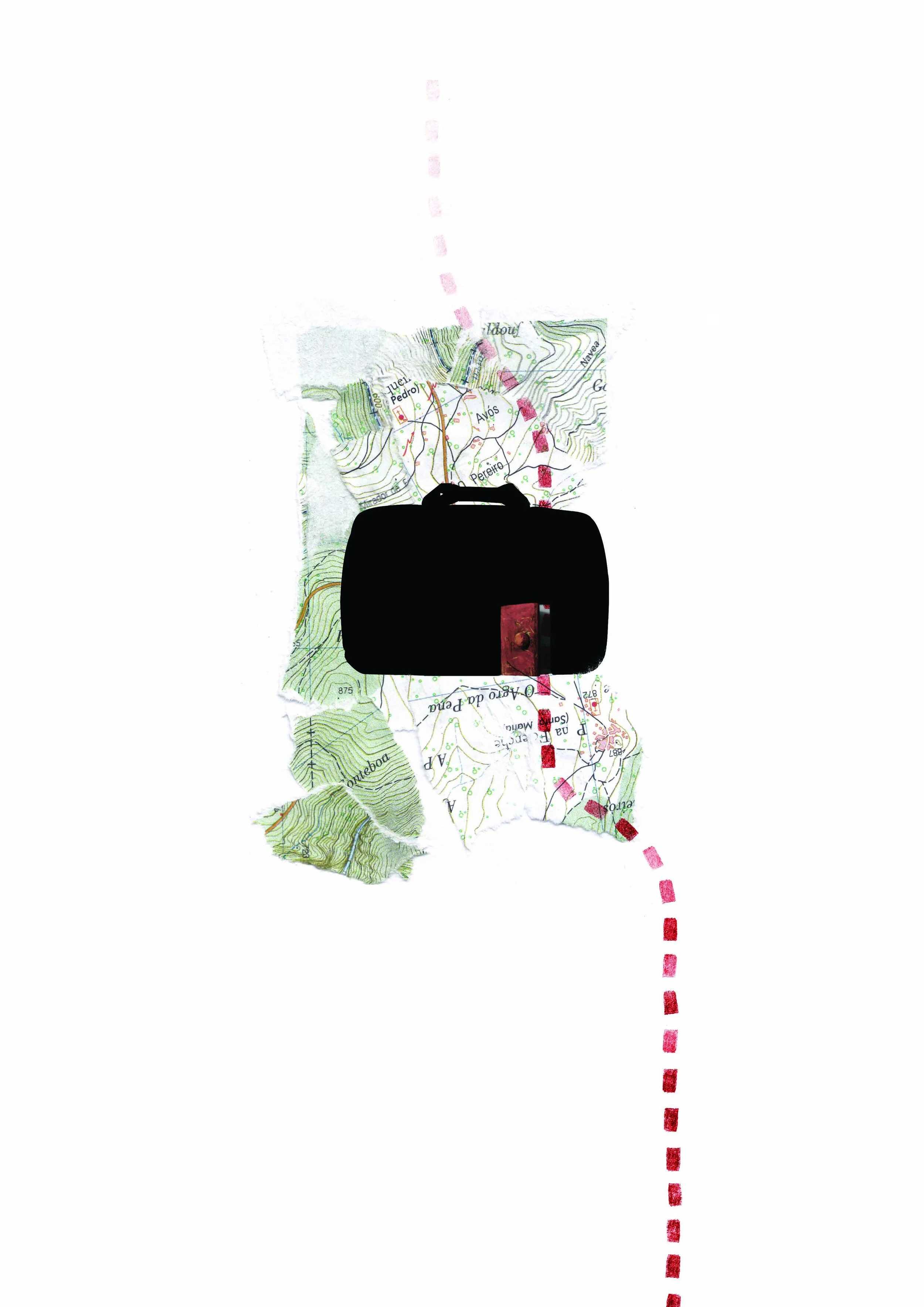Before COP30 in November, CRIN is critically reviewing the Just Transition Work Programme (JTWP) and the Nationally Determined Contributions (NDCs) of States: two initiatives aimed at enhancing the implementation of the Paris Agreement and the UN Framework Convention on Climate Change (UNFCCC). How can UN climate talks ensure both children’s rights and human rights are centred when discussing societal, sectoral and economic change?
Read MoreCRIN and 20 other NGOs are urging the UN Secretary-General to publish of a complete and accurate list of perpetrators of grave violations against children. This transparency will help to influence the behaviour of warring parties to better protect children.
Read MoreSince 2014 British army trainees aged under 18 at the Army Foundation College (AFC) in Harrogate have suffered an ingrained culture of abuse by instructors, as well as endemic bullying among recruits themselves. CRIN’s new chronological report highlights every known account of abuse at AFC between 2014 and 2024 - drawing on official data, national media reports, court judgments and the testimonies of former recruits and their parents.
Read MoreThe UN General Assembly has adopted the Pact for the Future, an agreement between States for how they will work together to respond to some of the future’s biggest challenges. But what does it mean for children and children’s rights?
Read MoreOur new report reveals that veterans aged 16-19 have been three times as likely as same-age civilians from socially deprived backgrounds to end their lives. We look at why early enlistment heightens risk of mental ill-health.
Read MoreRecognising the disproportionate impact of the UK government’s Prevent strategy on how Muslim children and children of Asian ethnicity are able to access their civil and political rights, the The UN Committee on the Rights of the Child have called for an immediate end to the targeting of specific groups of children by counter-terrorism measures.
Read MoreIn a new position paper, CRIN and partners outline the rights-based approach that States must take in their treatment of children who travelled to Iraq or Syria, either alone or with their families, to join the so-called Islamic State. The organisations make a series of recommendations on criminalisation, detention, rehabilitation, nationality, family separation and access to health and education.
Read MoreThe British army is intentionally targeting young people from deprived backgrounds for the roles carrying the greatest risks in war. This new report examines the targeting of these children and the effects of this practice on the 16 and 17 year-olds who are recruited.
Read MoreThe UK is the only major military power and the only State in Europe to enlist 16-year-olds into its armed forces. Following the closure of Child Soldiers International, the campaign to raise the UK’s military enlistment age to 18 will move to the Child Rights International Network (CRIN).
Read More









